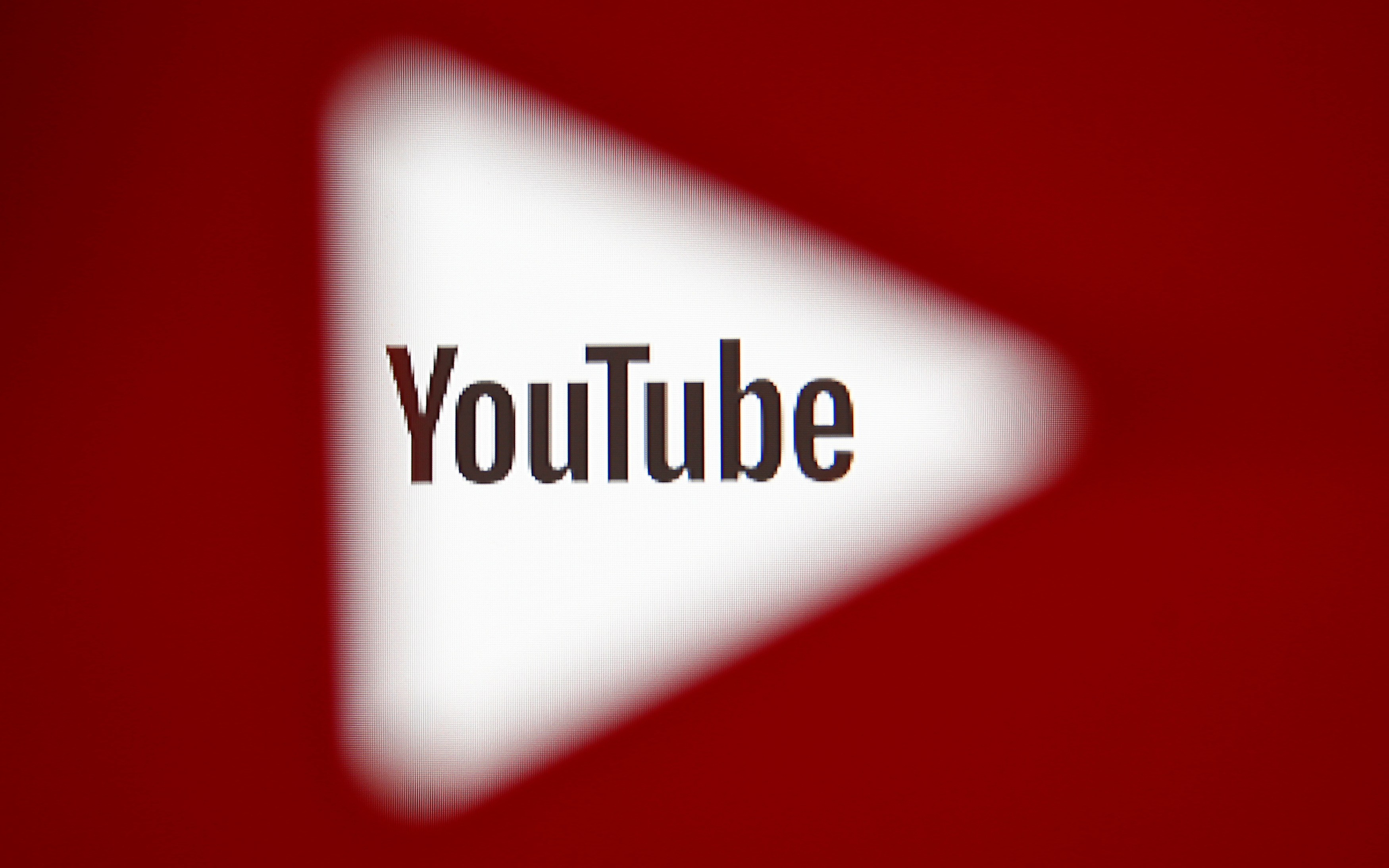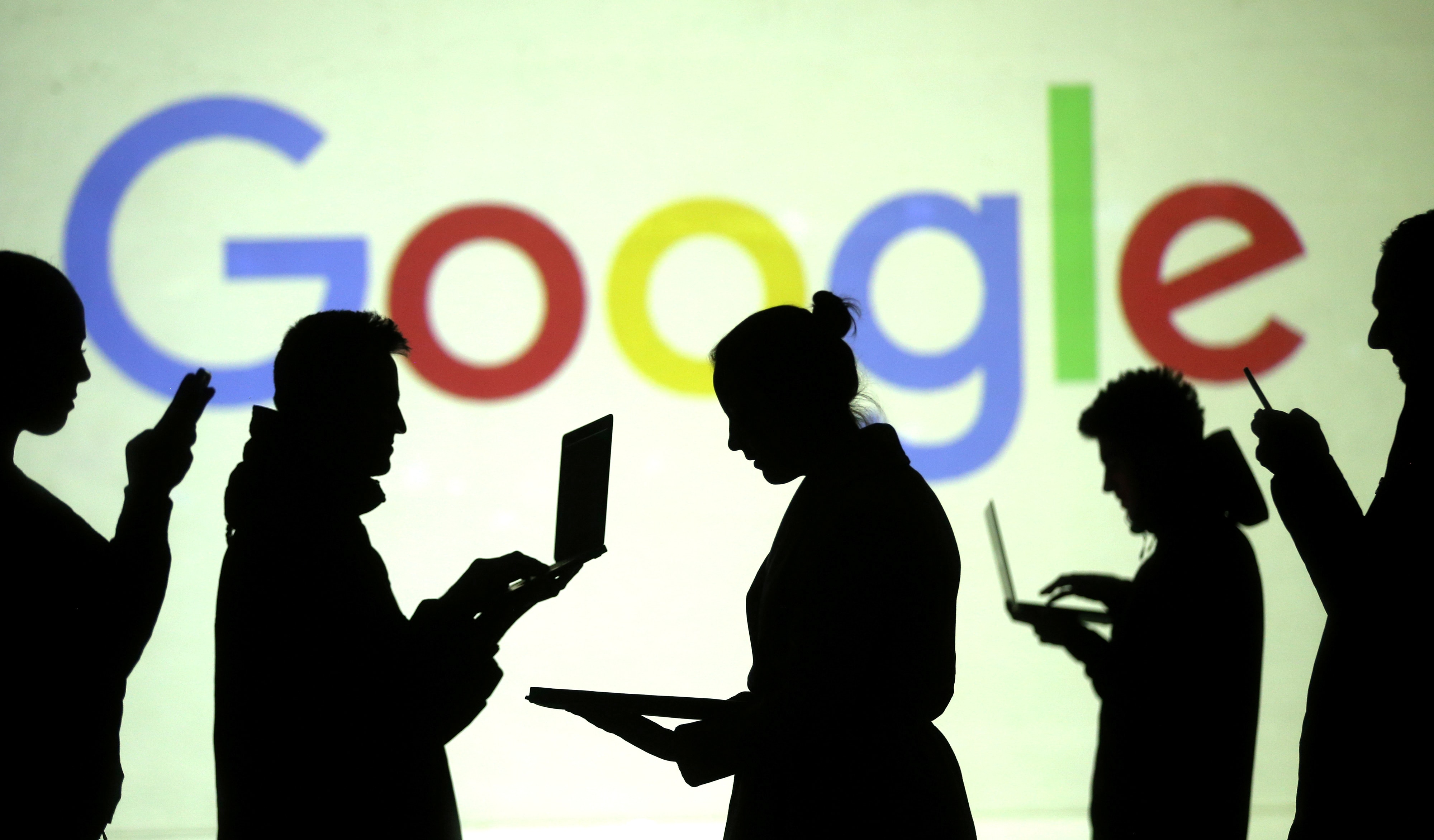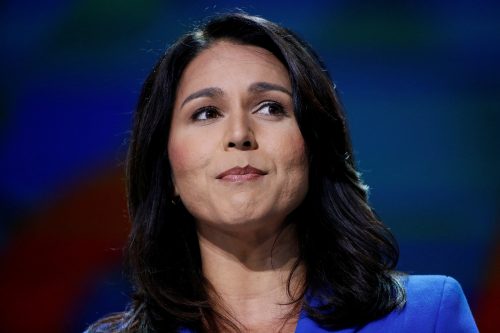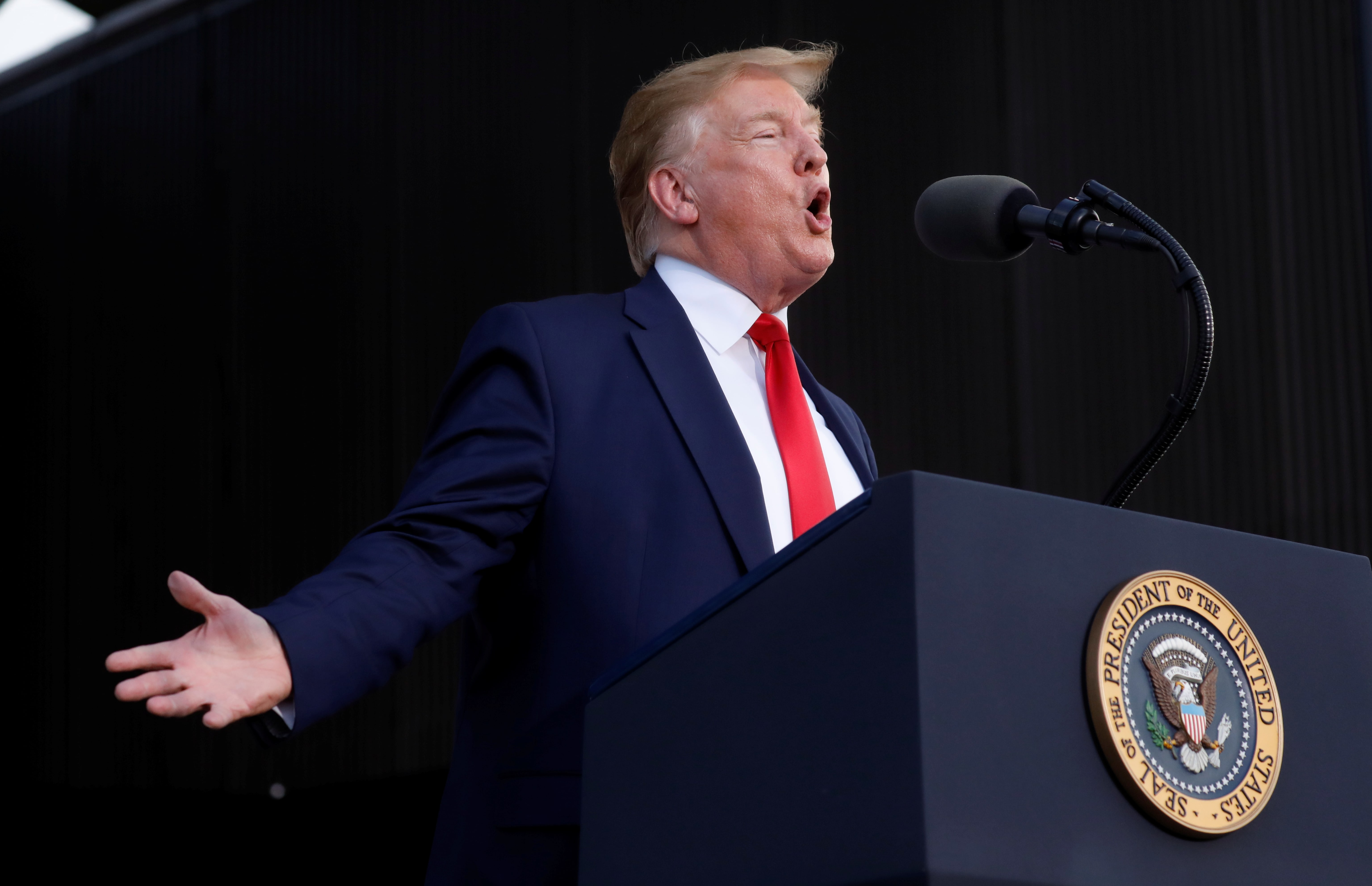Federal Judge Blocks Florida’s Social Media Law
On June 30th, the United States District Court for the Northern District of Florida Tallahassee Division granted a request for a preliminary injunction barring Florida from enforcing a new law that substantially limits social media companies' ability to moderate their platforms.
D.C. Circuit Rejects Laura Loomer’s First Amendment Lawsuit Against Tech Giants
The D.C. Circuit refused to revive a lawsuit filed by the conservative blogger Laura Loomer against Twitter, Facebook, Apple, and Google for allegedly conspiring to censor conservative views.
Ninth Circuit Court of Appeals Dismisses Censorship Suit Against YouTube
The U.S. Court of Appeals for the Ninth Circuit dismissed a lawsuit filed against YouTube and its parent company, Google, for alleged First Amendment violations. Prager University (PragerU), a nonprofit educational and media organization that espouses right-wing views, sued YouTube in October 2017 after the company either restricted or removed third-party ads on some of its videos.
Google Announces New Policy on Political Advertisements
On November 20th, Google announced that the company will restrict how precisely political ads can target users on its search engine and on YouTube. Political ads can still be delivered according to gender, age, and location, as well according to the content of the website users visit. However, the new policy states that ads can’t be directed to users based on the public voter record or their political affiliations.
Presidential Candidate Tulsi Gabbard Sues Google for $50 Million For Free Speech Violations
U. S. Representative and Democratic presidential candidate Tulsi Gabbard filed a lawsuit in the United States District Court for the Central District of California, claiming that Google infringed on her […]
YouTube Bans Extremist Content
YouTube announced that it’s banning extremist videos that promote white supremacy, neo-Nazi ideology, and conspiracy theories. In a blog post, YouTube said its new policy would ban “videos alleging that a group is superior in order to justify discrimination, segregation or exclusion.” The changes to YouTube’s hate speech policy comes after it was criticized for refusing to ban videos of a right-wing content creator, Steve Crowder, who’d been harassing a Vox journalist Carlos Maza, by repeatedly using racist and homophobic language in his videos.
White House Refuses to Endorse Christchurch Call, citing Free Speech Concerns
In the wake of the deadly mass shooting at two mosques in Christchurch, New Zealand, the country’s Prime Minister is leading an effort to stamp out extremism online. The “Christchurch Call” asks for “collective, voluntary commitments" from governments and online service providers to stop the spread of extremism. The non-binding doctrine has been signed by 18 countries, including France and Canada, and by five tech companies, including Facebook, Twitter, Google, Amazon, and Microsoft. The Trump administration, however, declined to sign the Christchurch Call, citing free speech concerns.
What is fake news? Facebook and Google offer mea culpas for spreading it and hire legions of staff to counter it. Congress investigated how the Russians promoted it during the 2017 Presidential election. President Trump calls out "fake news"organizations in tweets several times a week. Has the term itself lost its meaning? A recent survey by the Freedom Forum Institute reveals many Americans believe fake news is a major threat, even over hate speech. What more can be done to separate fake news from facts?






